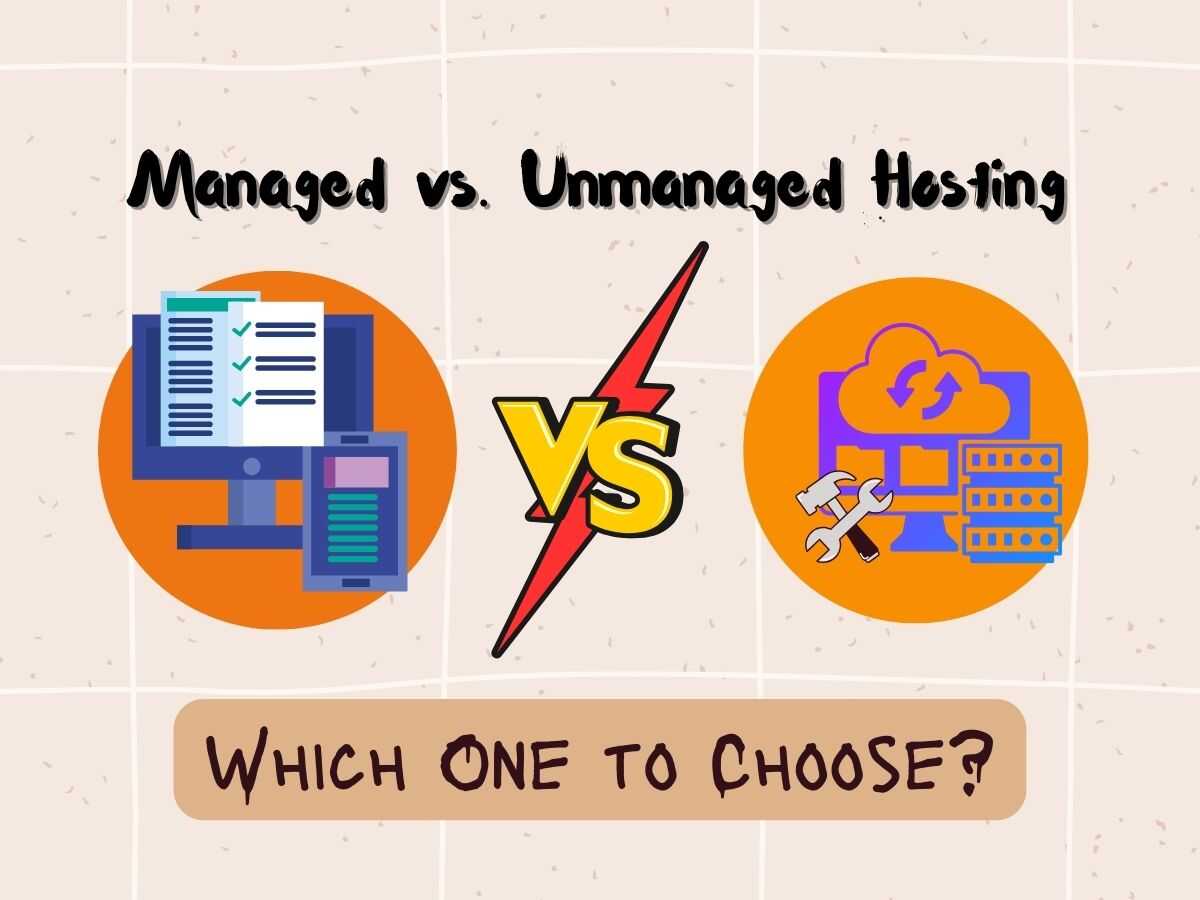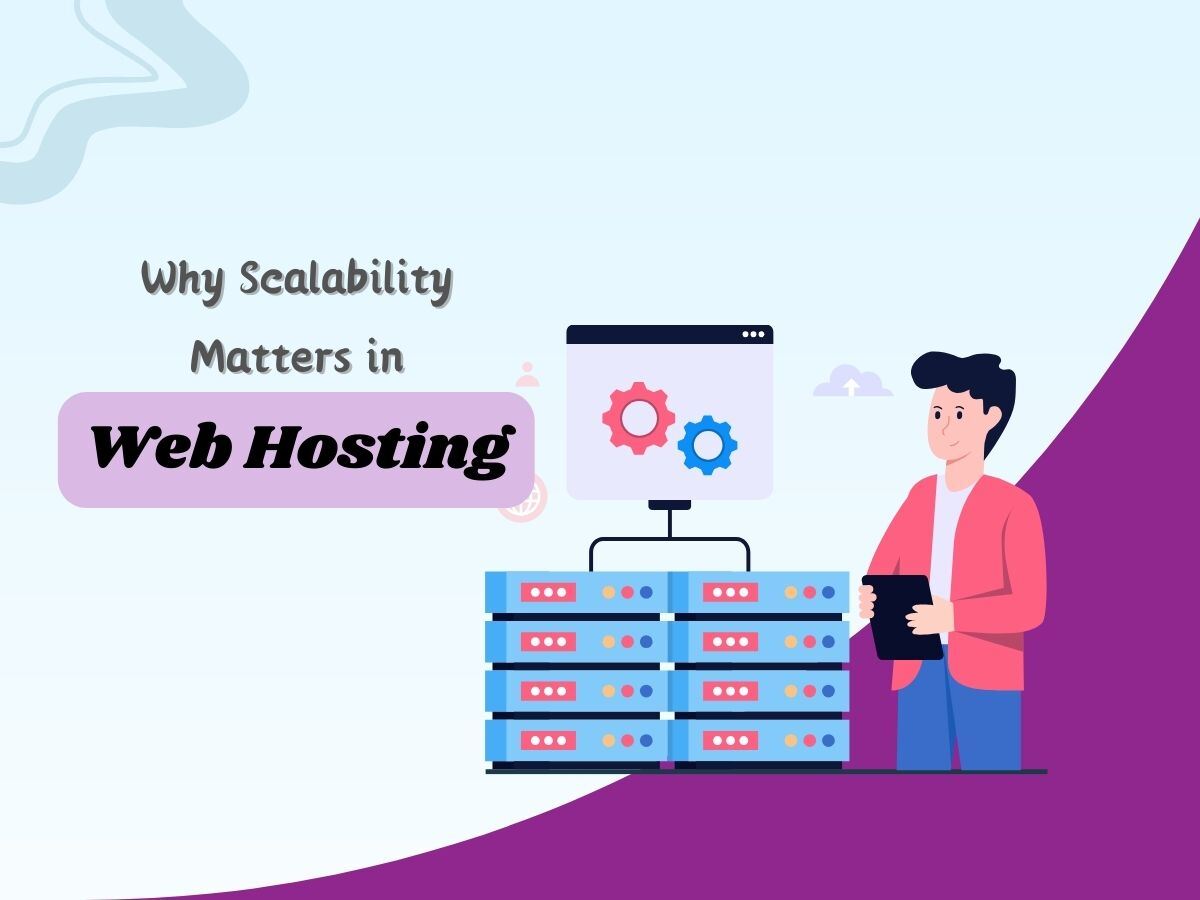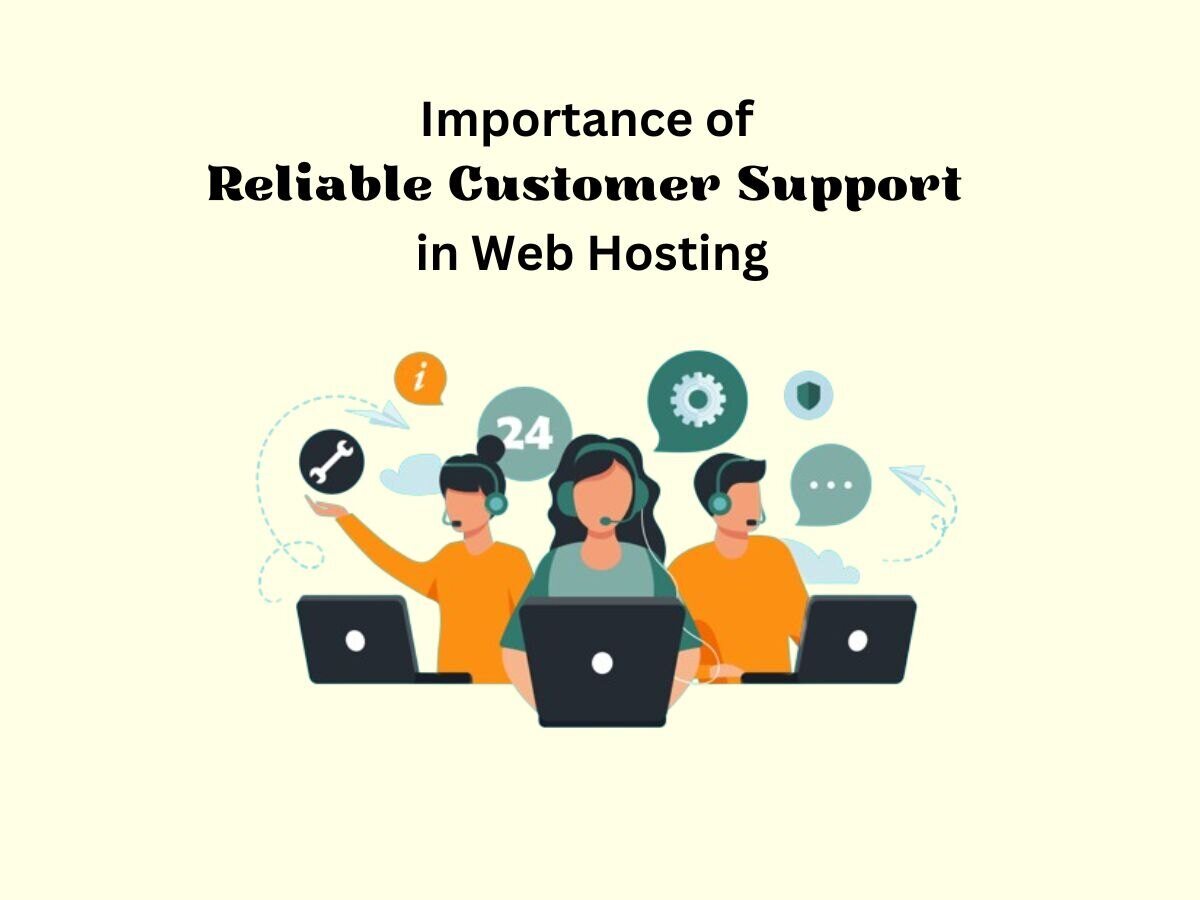
Managed vs. Unmanaged Hosting: Which One to Choose?
Choosing a web hosting plan involves several considerations, including such fundamentals as storage, bandwidth, and pricing. However, another essential decision to make is whether to opt for managed or unmanaged hosting. While both have their advantages, the best choice depends on your specific needs, skills, and resources. In this blog post, we will delve into what these two hosting types entail to help you make an informed decision.
What is Managed Hosting?
Managed hosting is essentially a concierge service where the web hosting provider handles the day-to-day management of your server, including system upgrades, server monitoring, and troubleshooting. In addition to providing an infrastructure, the managed hosting service also offers technical support, leaving you free to focus on your core business.
Pros of Managed Hosting:
1. Technical Assistance: You will have professional technical support available to handle server management.
2. Saves Time: Managed hosting alleviates the burden of server maintenance, allowing you to focus on other critical business operations.
3. Enhanced Security: Providers typically offer advanced security features, frequent backups, and disaster recovery services.
Cons of Managed Hosting:
1. Higher Cost: Managed hosting services come with additional features and hence tend to cost more.
2. Less Control: Since your server is managed by the provider, you’ll have less control over server-specific functions.
What is Unmanaged Hosting?
Unmanaged hosting means you get a server with only the bare essentials – operating system, control panel, and internet connectivity. Beyond this, you are responsible for managing and maintaining the server, including updating software, handling security measures, and troubleshooting
Pros of Unmanaged Hosting:
1. Lower Cost: Unmanaged hosting is usually a cheaper option since you’re not paying for additional server management services.
2. Total Control: You have complete control over your server, allowing you to configure and optimize it exactly how you want.
Cons of Unmanaged Hosting:
1. Requires Technical Knowledge: You’ll need a solid understanding of server management to effectively handle the maintenance of your server.
2. Time-consuming: Handling server management, security updates, and troubleshooting issues can eat into your time.
Managed vs Unmanaged Hosting: Making the Choice
The decision boils down to three primary factors: your budget, skill level, and available resources.
* Skill Level: If you have the technical knowledge and prefer having full control of your server, unmanaged hosting could be a good fit. Meanwhile, if the idea of handling server management and troubleshooting intimidates you, managed hosting could be a better choice.
* Budget: If you’re on a tight budget, unmanaged hosting is typically cheaper. However, if you have a bit more room in your budget and would prefer the added benefits such as technical support and server security, managed hosting might be worth the additional cost.
* Available Resources: If you have the spare time and staff to manage your server, you might lean towards unmanaged hosting. However, if you’d rather focus your efforts on running your business, the managed hosting provider can take care of the technical details.
Conclusion
When it comes to choosing between managed and unmanaged hosting, there’s no one-size-fits-all answer. It depends on what you’re comfortable with, what you’re capable of, and what objectives you have for your website. Evaluate your specific requirements and capabilities before making a decision. Remember, the best plan for your web hosting needs is the one that offers you the right balance of control, support, and budget-friendliness.







